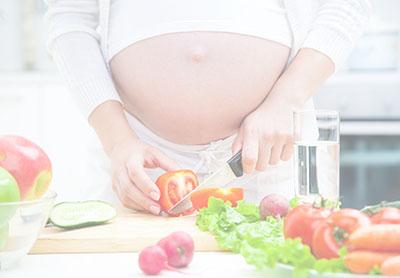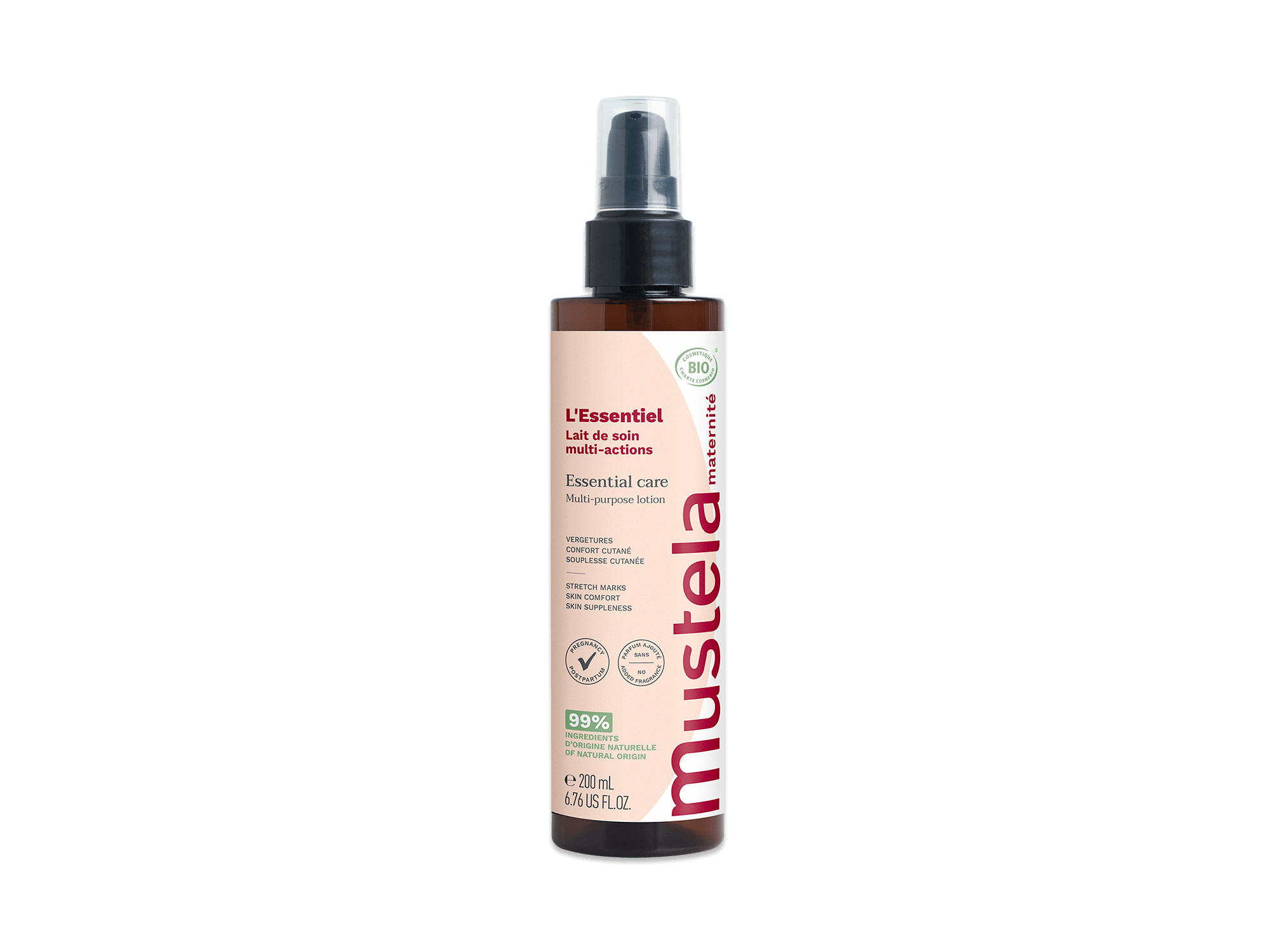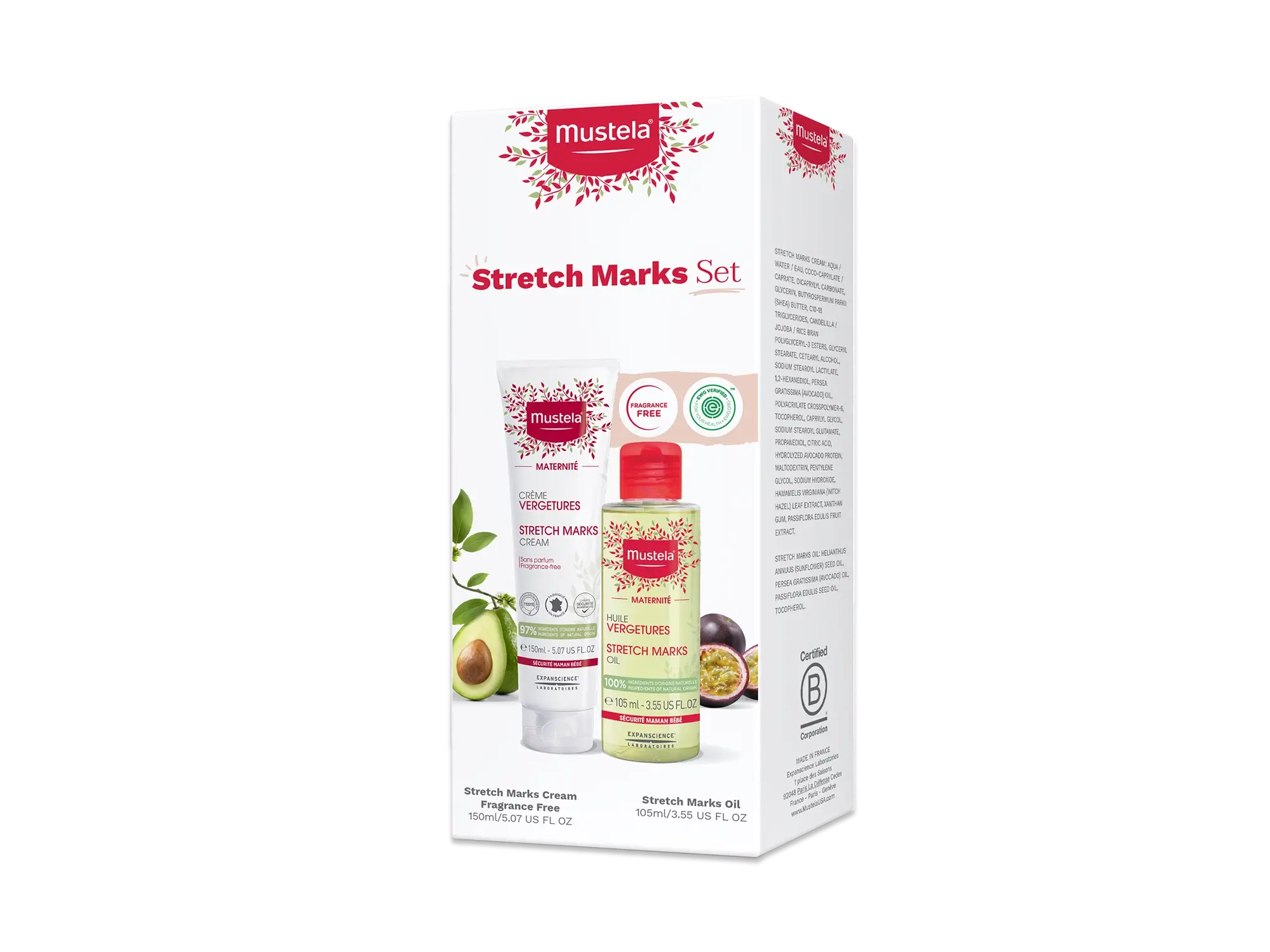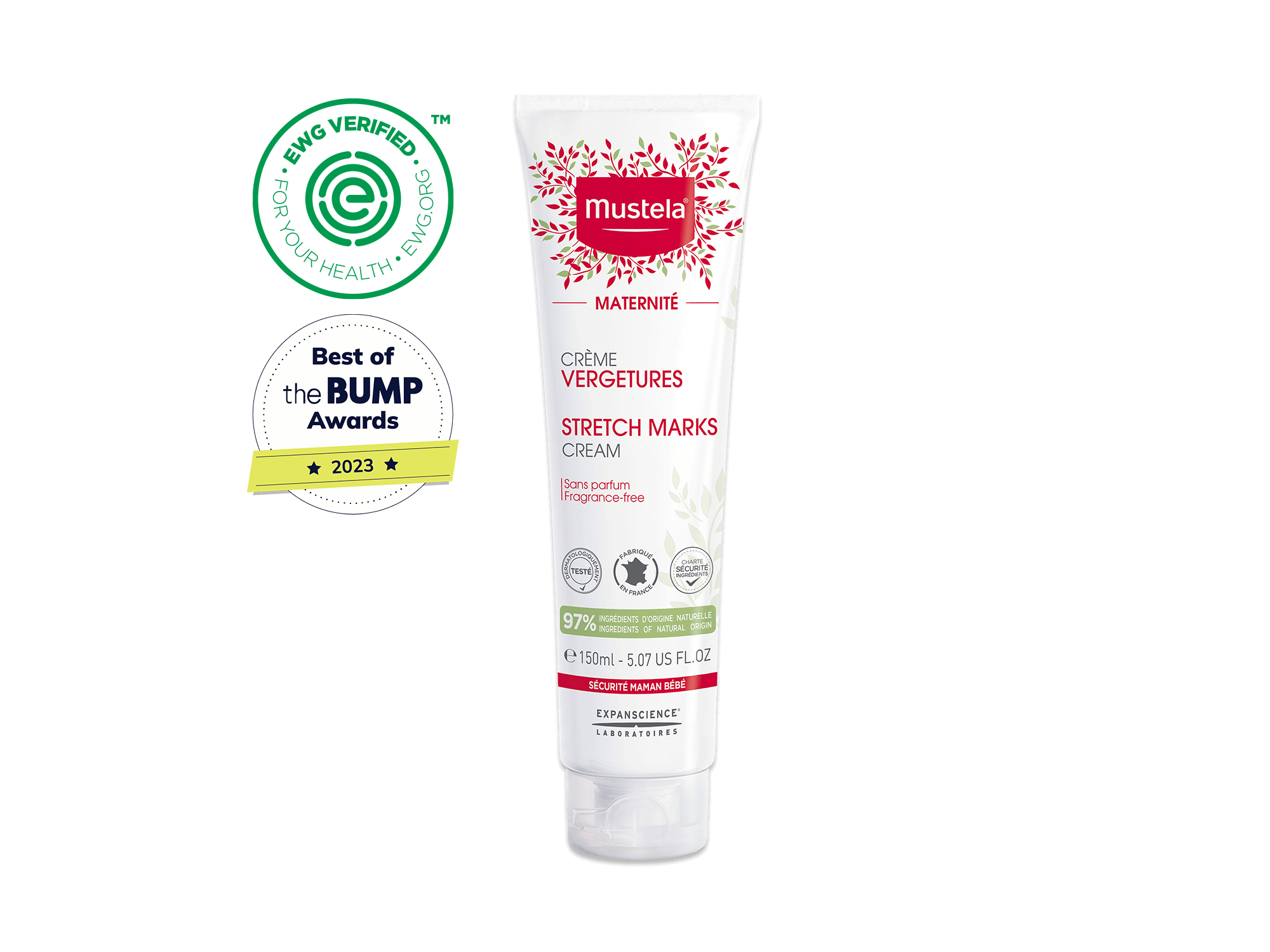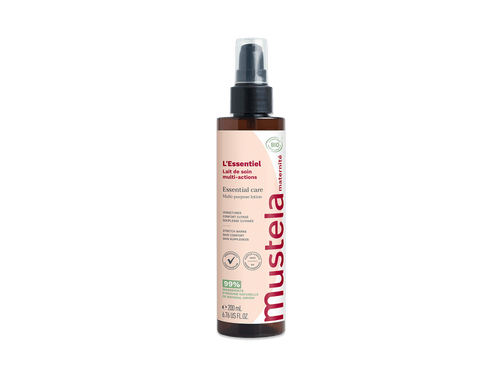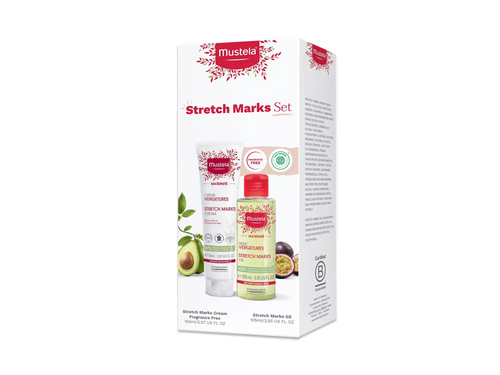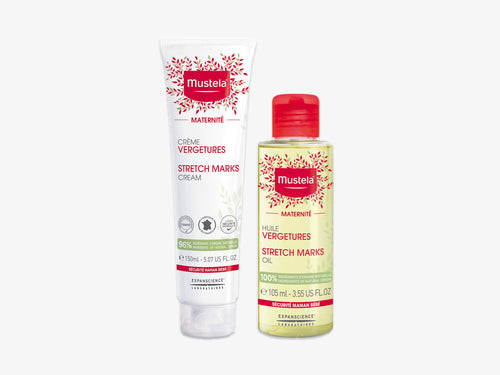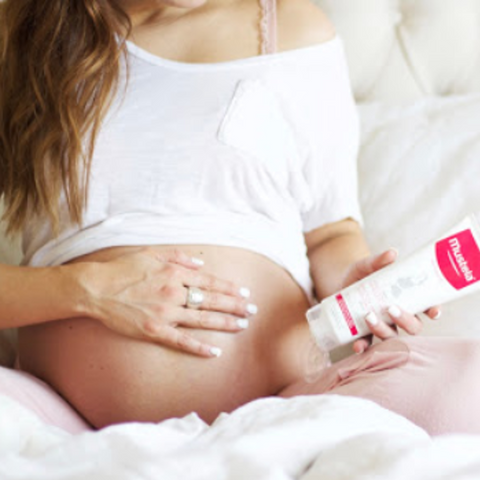Did you just find out you’re pregnant? Congratulations! We couldn’t be happier for you. The next nine months are going to be ones you’ll never forget. During those nine months, what you eat will be the cornerstone of your health and the health of your baby. That’s why it’s so essential that you pay particular attention to what’s on your plate and what goes into your body.
Thankfully, a healthy, well-rounded pregnancy diet is not a difficult thing to incorporate into your daily routine. Here are the two simple rules we recommend.
How to Create A Healthy Pregnancy Diet
Eating well while you’re pregnant is essential for a healthy mother and baby, but these good, healthy habits will benefit you even after you’ve given birth.
Especially if you’re going to nurse your little one, you’ll need to care for yourself and your baby by sticking to a healthy breastfeeding diet.
(Speaking of breastfeeding, don’t forget to stock up on products that are safe for baby, ecofriendly, and will keep your breasts healthy. Try Mustela’s Nursing Comfort Balm to soothe sore nipples and our Bust Firming Serum to hydrate your breasts, neck, and neckline!)
That said, let’s jump straight into the steps to create a healthy pregnancy diet. Here are the three rules we recommend: eat healthy, balanced meals; know what to avoid; and do your best to limit weight gain.

Rule #1: Eat Healthy, Balanced Meals
The key to a successful pregnancy diet is balance. A balanced diet includes all the necessary vitamins and minerals to keep you and your baby healthy and happy. Because of the changes in your body and the needs of your baby, you may need to include vitamins and minerals in your diet that you didn’t even think about before you were pregnant. That’s okay. Here are the 6 best foods we suggest you include in your pregnancy diet.
1. Fruits And Vegetables
Fruits and vegetables are the foundation of every healthy diet... including your pregnancy diet. Fruits and vegetables contain important vitamins and nutrients like vitamin C and folic acid that are essential for your baby’s development.
We recommend eating at least at least 2-4 servings of fruit and 4 or more servings of vegetables every day. Not sure how to do this? Try including an apple at breakfast and an orange at lunch. For your vegetables, whip up a large salad for lunch and add a side of broccoli or cauliflower for dinner.
2. High-Quality, Lean Protein
High-quality, lean protein provides essential amino acids, vitamin B, and iron which help your developing baby stay healthy in the womb.
We suggest at least 3 servings of protein every day. Instead of a bowl of cereal or a breakfast bar on the run, try a hardboiled egg. If you’ve got time in the morning, you can’t go wrong with sitting down to plate of scrambled eggs and a smoothie. Yum!
For lunch, try dicing a chicken breast on top of your salad. Dinner is a great time for a piece of fish to go with your broccoli or cauliflower.
3. Whole Grains
Every pregnancy diet should include whole grains. Grains provide fiber to help keep you regular. Grains also provide thiamin, riboflavin, and niacin that aid your digestion and make it easier for the baby to absorb the nutrients it needs.
We’ve found that between 6 and 11 ounces of whole grains like whole-wheat bread, oatmeal, or rice make your pregnancy diet complete.
It’s easy to incorporate these whole grains into your meals. Just add a bowl of oatmeal to breakfast, make a turkey sandwich for lunch, and include a side of rice with your fish and broccoli in the evening.

4. Healthy Fats
Healthy fats are one of the three main macronutrients — the others being carbohydrates and protein — that are necessary in every pregnancy diet.
We recommend eating at least 42 grams of healthy fat each day. That amounts to about 44 almonds, or one and a half avocados, on a daily basis. Though that may seem like a lot, it’s not as bad as it sounds. Here’s how to fit enough healthy fat in your pregnancy diet.
Add 6-8 almonds and 4-5 walnut halves to your breakfast, lunch, and dinner. If you feel hungry between meals, try munching on a handful of sunflower seeds.
And who doesn’t love a good ripe avocado? Splash on some olive oil and vinegar and you have a delicious, nutritious, and healthy-fat-packed side for any meal.
5. Dairy
Your developing baby needs plenty of calcium to build strong bones and teeth. That calcium is also essential for producing normal blood clotting, muscle activity, and nerve function. Needless to say, calcium is very important for your health and the health of your baby.
To ensure that you get enough calcium every day, we suggest 4 servings of dairy products every day. Good sources of calcium include milk, cheese, and yogurt. You could include a glass of milk with breakfast and lunch and a fruit-filled yogurt as a mid-afternoon snack. These are all great ways to get the calcium your body needs during your pregnancy.
6. Water

We’ve listed this one last, but that doesn’t mean it’s any less important! Your baby’s body needs water to develop and your body needs it to function properly and stay hydrated from the inside-out!
Lather up with Mustela’s Soothing Moisturizing Balm to hydrate your skin from the outside, and drink plenty of water to hydrate from the inside.
Water should make up the majority of the liquids you consume every day. Try to drink at least 8 cups of water daily to aid with hydration.
Drink 2 cups of water first thing in the morning before breakfast and then 2 cups each with lunch and dinner. That’s 6 cups of water right there. That only leaves 1 cup between breakfast and lunch and 1 cup between lunch and dinner. Simple, right?
Rule #2: Know What To Avoid
For better or for worse, what you eat has a direct impact on your body and health, and now it affects your little one as well!
We’ve already listed six foods to include for a healthy, balanced pregnancy diet so you know what you should eat. But it also pays to talk a bit about what you shouldn’t eat while pregnant.
What foods should you avoid? Let’s take a quick look at this list (read our full article here).
1. Unwashed Fruits And Vegetables
The FDA recommends washing fruits and veggies before chowing down, but it’s especially important for pregnant women. A parasite called toxoplasma can be on the skin of these foods and could harm you and your little one.
2. Alcohol
Raise your glass to a mocktail, but stay away from alcohol while you’re pregnant. It can negatively affect your baby’s development or lead to fetal alcohol syndrome.
3. Caffeine
When it comes to caffeinated coffee, tea, and the like, better to play it safe during pregnancy. You might appreciate the little buzz of energy, but it could have a negative effect on your baby.
While some experts claim that moderate levels of caffeine won’t harm your unborn baby, others disagree. For this reason, the APA recommends avoiding it as much as possible.
4. Raw Eggs
Eating raw eggs puts you at risk for salmonella, which can make you and your baby very sick! Stay away from raw eggs and products that contain raw eggs, like homemade mayonnaise and certain desserts.
5. Unpasteurized Milk, Imported Soft Cheese, And Deli Meat
Unpasteurized milk could contain listeria — a nasty bacteria that can cause a sickness called listeriosis. Listeriosis is bad news for you and your baby. Some imported soft cheeses are made with unpasteurized milk, which is why you should avoid these cheeses as well.
And, unfortunately, even deli meats can contain listeria, so try to steer clear of them during these nine months.
6. Fish With Mercury
Consuming mercury while pregnant can lead to brain damage and developmental delays, so it’s important to avoid it at all costs.
Certain fish — like king mackerel, swordfish, shark, and marlin — contain higher levels of mercury than others. Talk to your doctor about what fish is safe to include in your pregnancy diet.
7. Raw Meat And Raw Shellfish
Raw meat and shellfish contain bacteria that you’re better off avoiding while you’re pregnant with your little one. In fact, cooked shellfish can still pose a risk, so it’s best to avoid oysters, clams, and mussels altogether during pregnancy.
Rule #3: Do Your Best To Limit Excess Weight Gain
Gaining weight throughout your pregnancy is normal and healthy. Your belly will grow as your baby grows, your skin will stretch (hello, stretch marks!) and you’ll put on a few pounds.
Expert tip: While we’re on the topic of your expanding belly, get the upper hand on stretch marks with Mustela’s Stretch Marks Cream! This fast-absorbing cream hydrates your skin and helps prevent the appearance of stretch marks.
That being said, you’ll want to do what you can to avoid gaining too much weight. Talk with your doctor regularly if you have questions about how much weight you’re gaining (or not gaining).
We’ve given a lot of attention to eating a healthy, well-balanced pregnancy diet in this article. That in itself should help you limit weight gain, but there are additional steps you can take to make limiting weight gain easier.
1. Eat At Least Three Meals A Day
Eating at least three meals a day provides the calories you and your baby need to stay happy and healthy. If you still feel hungry when eating three meals a day, include a smaller meal between your regular meals.
Don’t be afraid to eat up to 7 times a day if necessary, but keep the meals small so you don’t consume too many calories.

2. Take Time To Savor Your Food
Keep yourself full longer and limit the weight gain that comes with overeating by taking time to savor your food. We know you’ve probably got a busy schedule, but take a half an hour or more to really focus on and enjoy your food.
A quick trick for making this easier is to chew each mouthful of food 30 times. This is also a great cure for morning sickness and nausea.
3. Keep Sugars To A Minimum
We know that chocolate is delicious, but try to keep sugar to a minimum. Your baby will thank you. Try to stay away from sugary drinks like pop and sports drinks. And avoid cold cuts and ready-made meals, which are full of hidden sugar.
To make this easier on yourself, we suggest preparing all your meals at home from fresh ingredients and doing your best to stay away from pre-packaged foods. Yes, reducing sugar may be a challenge at first, but you and your baby will be glad you did.
4. Snack On Healthy Foods
Snacking on healthy foods between meals is a great way to keep yourself from reaching for a piece of cake or bowl of ice cream. We’ve found that the best snacks are easy to carry when you’re on the go and can be eaten in a short amount of time.
This includes foods like a piece of fruit, a small carton of yogurt, cherry tomatoes, raw broccoli or cauliflower, walnuts, almonds, raspberries, and blueberries.
Try setting small amounts of these foods out on your dinner table or on your desk at work so they’re easy to get to when your hunger strikes. That way you won’t be tempted to go for that oh-so-tempting 5-layer chocolate and raspberry cake your co-worker brought in for your team. Well, you may still be tempted, but maybe having these snacks right at hand will make it easier to resist.
5. Curb Your Cravings
It’s normal to crave specific foods during pregnancy. But craving non-food items (like dirt, soap, or chalk) is called pica and could mean you have a mineral deficiency. Talk to your doctor if you’re experiencing pica, and don’t give in to these cravings!
When it comes to craving junk food, it’s OK to splurge every now and then. But getting the upper hand on these crazy cravings is important for a healthy pregnancy diet and limiting excess weight gain.
In addition to drinking plenty of water and choosing healthy snacks, here are a few ways to deal with your cravings:
- Start your day with a well-balanced meal
- Distract yourself with light exercise or a short walk
- Call or text a friend who knows what it’s like
- Don’t go to the grocery store on an empty stomach
- Get junk food out of your cabinets (out of sight, out of mind)
- Take a nap (getting plenty of rest during pregnancy is important anyway!)
6. Stay Active

Being active isn’t directly related to a healthy pregnancy diet, but it has a lot to do with keeping off the excess pounds!
You’ll want to talk to your doctor about what you can and can’t do while you’re pregnant. But in general, swimming, yoga, pilates, walking, and stationary cycling are safe ways to work out while you’re expecting.
Whatever you choose, have fun with it and get moving!
Healthy Mom, Healthy Baby
Changing your diet might feel like a lot of work. Make changes slowly, and have plenty of grace for yourself in the process!
Knowing that what you consume affects your baby’s health will make it easier to eat well and stick to a good pregnancy diet.
Pave the way for a healthy mom and healthy baby from the inside-out — eat balanced meals, avoid foods that could be harmful, limit excess weight gain, and opt for Mustela’s prenatal skincare products. Your body (and your baby) will thank you for it!



